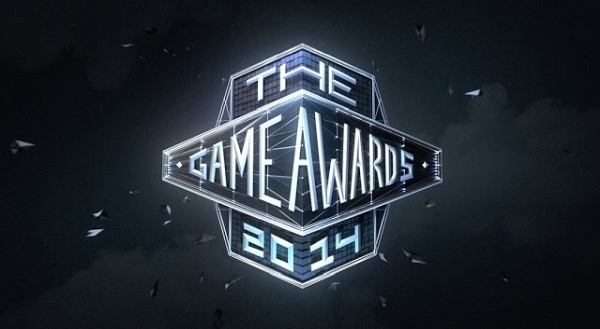
The Game Awards has seen its share of ups and downs, but the Geoff Keighley-hosted awards show is celebrating its tenth anniversary this Thursday, December 12th. While we wait to see which game will take the coveted “Game of the Year” statuette this year, let’s look back at the first Game Awards.
After the dissolution of the Spike Video Game Awards a year earlier, Keighley rebranded the show and produced it himself as an independent production. With questions about whether the show could continue beyond 2014, he chose to carry over multiple aspects from his previous gig, including a similar slate of categories, a star-studded lineup of special guests, and a heavy focus on “World Premiere” trailers (including The Legend of Zelda: Breath of the Wild, Metal Gear Solid V: The Phantom Pain, and The Witcher 3: Wild Hunt).
Eschewing a celebrity host, Keighley even took over hosting duties for the 2014 Game Awards, but he found himself in the middle of an awards show attempting to honor a strange year for gaming.
The industry was going through a console transition, as the PS4 and Xbox One had launched the year before. Many of the year’s biggest games were also released for the PS3 and Xbox 360 and many players had yet to make an investment in new hardware. This industry identity crisis was present in the “Game of the Year” nominees, which included two cross-generation games (Dragon Age: Inquisition and Middle-Earth: Shadow of Mordor), From Software’s Dark Souls II (which wasn’t available on the PS4 or Xbox One at the time), and the mobile-focused Hearthstone: Heroes of Warcraft.
Meanwhile, Nintendo was floundering, though you wouldn’t know it from the Wii U’s performance at the show. Super Smash Bros. For Wii U (“Best Fighting Game”) and Mario Kart 8 (“Best Family Game” and “Best Sports/Racing Game”) both took home statuettes, though neither was nominated for “Game of the Year”. Instead, the Nintendo-published and Platinum-developed Bayonetta 2 earned the final spot on the “Game of the Year” ballot.
On top of all this, a coordinated harassment campaign against developers and journalists was growing in the worst corners of the Internet. Popularly known as GamerGate, we’re still dealing with the aftereffects of the campaign and probably will be for a long time. But what else can you really say about GamerGate at this point?
Ultimately, BioWare’s Dragon Age: Inquisition was named “Game of the Year” at the 2014 Game Awards, sandwiched between the aforementioned Breath of the Wild premiere and a trailer for Eve Online.
Rewatching bits of the show, I’m struck by how little The Game Awards has changed from 2014 to today. Then as now, you’ve got a lot of rapid fire awards montages, short speeches from the winners, musical performances, and “World Premiere” trailers.
The “Game of the Year” contenders can even be said to represent similar slots as subsequent years, in any given year, the “Game of the Year” category will include the flashiest action games (Middle-Earth: Shadow of Mordor), at least one action RPG (Dark Souls II and Dragon Age: Inquisition), a representative from Nintendo (Bayonetta 2), and a smaller game that captured the zeitgeist (Hearthstone: Heroes of Warcraft). You could easily map this year’s nominees onto the same template.
But after ten years, you have to wonder if it’s time for the show to freshen things up a little, but this is probably the way that Keighley likes it. And as he’s said in the past, the commercial realities of producing a show like this practically require him to seek outside sponsors and publishers willing to pay for the placement of their “World Premiere” trailers. Though it’s hard to know if any of that is true.
But other big winners during the very first Game Awards were Destiny (“Best Score/Soundtrack” and “Best Online Experience”), Far Cry 4 (“Best Shooter”), Shovel Knight (“Best Independent Game”), and Grand Theft Auto V (in the since-abandoned “Best Remaster” category). It was a strange year for gaming, but as always, we got a lot of great games.
You can find a replay of the full ceremony for the 2014 Game Awards and a complete list of winners and nominees after the break.
[Continue Reading…]
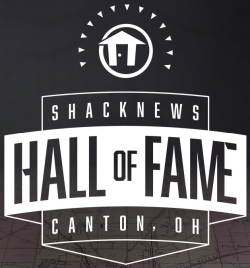 The whole world is getting ready to close the book on 2024, which means that it’s also time to meet the newest inductees to the Shacknews Hall of Fame.
The whole world is getting ready to close the book on 2024, which means that it’s also time to meet the newest inductees to the Shacknews Hall of Fame.
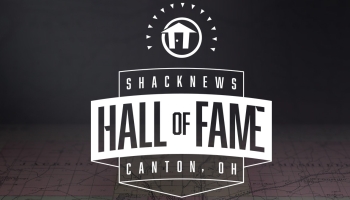
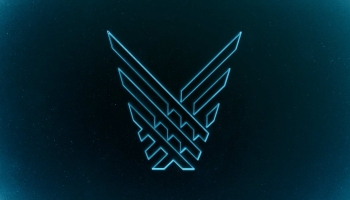



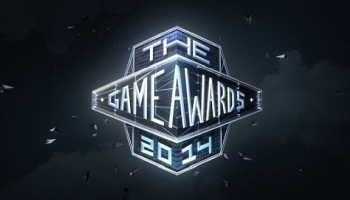


 The capital letters in GOG.com don’t stand for anything anymore, but when the digital storefront first launched in 2008, the acronym stood for Good Old Games and was meant to shine a spotlight on the company’s retro focus. In the decade-and-a-half since, GOG has positioned themselves as a competitor to Steam, often selling the same AAA titles that appear on Valve’s storefront. But their desire to be a destination for retro gaming never really went away, and earlier this month the company unveiled the
The capital letters in GOG.com don’t stand for anything anymore, but when the digital storefront first launched in 2008, the acronym stood for Good Old Games and was meant to shine a spotlight on the company’s retro focus. In the decade-and-a-half since, GOG has positioned themselves as a competitor to Steam, often selling the same AAA titles that appear on Valve’s storefront. But their desire to be a destination for retro gaming never really went away, and earlier this month the company unveiled the 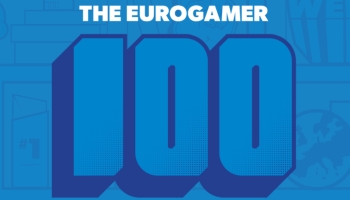
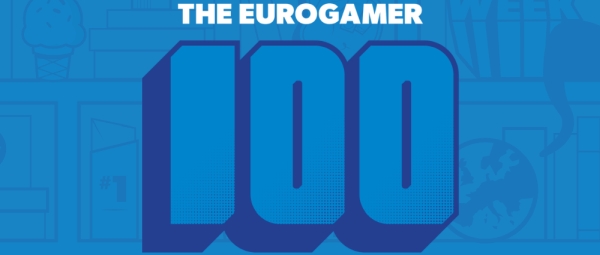





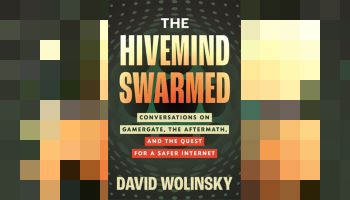
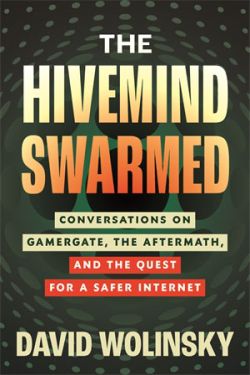 We’re ten years out from the online harassment campaign that came to be known as “Gamergate” and I’ve still never been able to wrap my head around the idea that some people thought a torrential barrage of death and rape threats was an appropriate response to writing about video games in a way they didn’t like. The creator of the
We’re ten years out from the online harassment campaign that came to be known as “Gamergate” and I’ve still never been able to wrap my head around the idea that some people thought a torrential barrage of death and rape threats was an appropriate response to writing about video games in a way they didn’t like. The creator of the